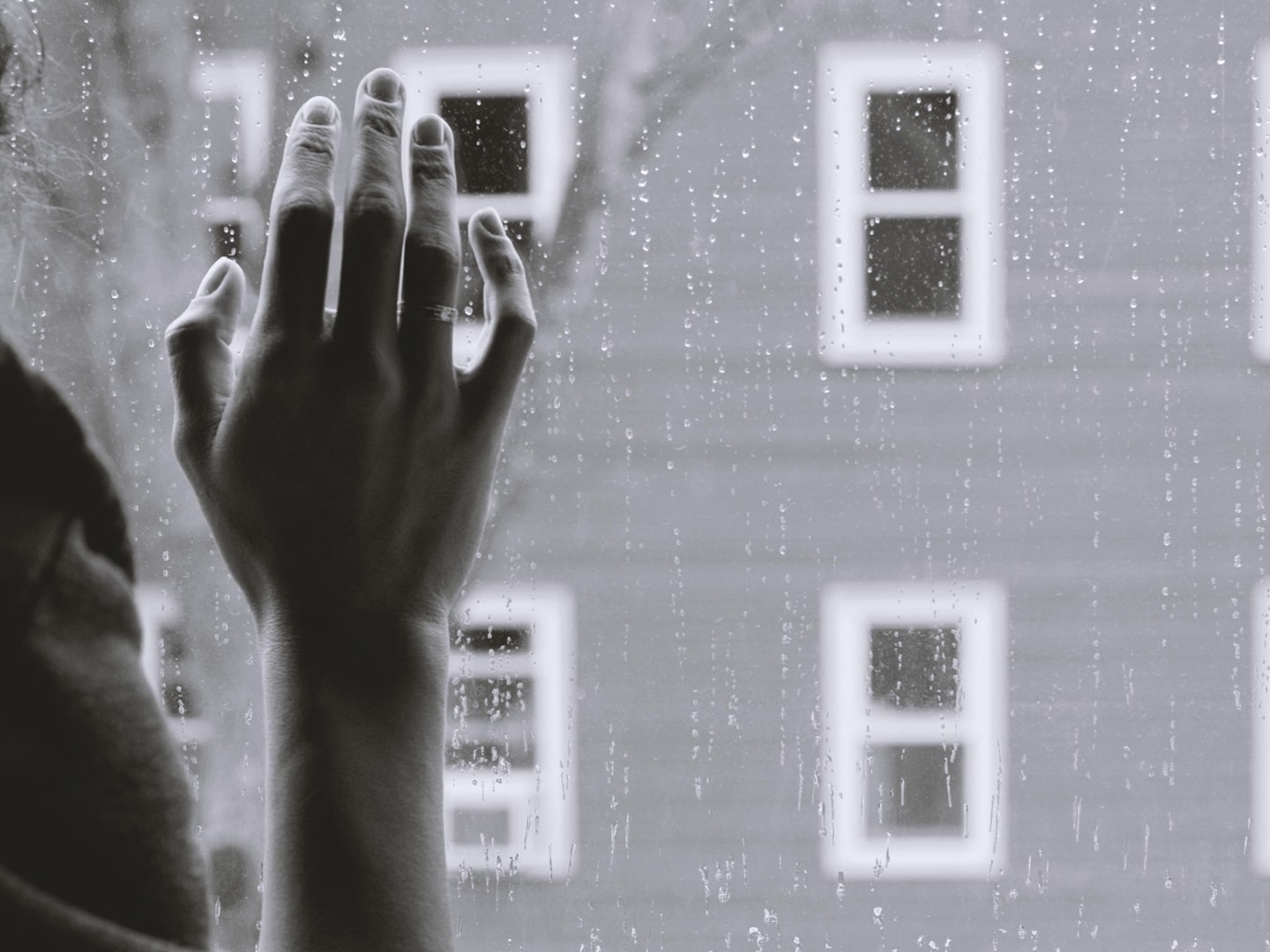Research says that more than half of parents feel lonely, and more than half attribute problems with low self-confidence to feelings of loneliness.
Parenting is lonely even if you’re not alone. The colossal weight that comes with the instinctive knowledge that every decision you make has a direct impact on the small life or lives in your charge is deeply personal and often overwhelming – crippling even.

Recent research (Nov 2017) by Action for Children found that more than half of parents experienced a problem with loneliness, with a fifth feeling lonely in the last week. Also cited in the report are findings from a 2017 Mumsnet survey, which revealed that more than half of parents attributed problems with low self-confidence to feelings of loneliness.
Dr Kyle Pruett, a Clinical Professor of Child Psychiatry at the Yale School of Medicine, in an article for Psychology Today, describes parenthood as socially isolating by its nature thus implying that loneliness is an unavoidable symptom of parenthood. Parents, new parents especially, are slaves to the needs of their baby – a reality that is an easy conduit for feelings of loneliness.
Lonely moments might be fleeting and usually we can rationalise our thoughts or turn to our support network and share the burden. But what happens if we have no support network? What if we are isolated by circumstance – immersed in deprivation, depression or any sort of emotional or situational vulnerability? What support is there for parents on a large housing estate in an impoverished neighbourhood?
The middle-class solution to isolation in parenting is to network with other parents – attend play groups or coffee mornings seek out available support services or even just visit friends. But how would parents already familiar with isolation deal with the, perhaps surprising, loneliness that is intrinsic to parenthood? Would they even notice it? And when distracted by the daily struggle for basic needs – food, warmth, health etc. – would these mums and dads even bother to reach out?
These questions are part of an ongoing conversation but what we do know is that service providers can find it challenging to engage families from disadvantaged backgrounds (Cortis et al., 2009); disadvantaged referring not only to a lack of financial resource but also a lack of access to key services and a restriction on social contacts and community participation (Saunders, 2008). The ensuing question is how to engage hard to reach parents in activities that will draw them out of their isolation.
Daphne Cotton (qualitative social researcher, parenting educator, children’s rights advocate and consultant facilitator at Best Beginnings charity) has broached the idea of parent-led community networks, facilitated by local parents, as a way of reducing the isolation many parents experience, especially when they have their first child. Cotton describes the long-term benefits of facilitating such a network as a ‘foundation of self-education around parenting practice and know-how in terms of getting help, finding out what is available, who to talk to, get help from.’
Examples of parent-led networks could be hosting a coffee morning for local parents, facilitating babysitting swaps so mums and dads can have a break or perhaps collecting children’s books from local families for a mini-library where reading material can be shared and swapped – the possibilities are endless but what’s essential is that proposed activities and initiatives encourage participation and sharing in communities.
Research shows that lacking social connections is as damaging to our health as smoking 15 cigarettes a day (Holt-Lunstad, 2015) and puts people at a greater risk of cognitive decline. But really, it doesn’t take a stadium of statistics to know that feeling lonely is not a nice way to live and is not conducive to feelings of happiness and satisfaction. And the Office for National Statistics has found that children living with a parent or guardian whose life satisfaction is low are more likely to report loneliness than children whose parents or guardians rated their life satisfaction at higher level.
The wellbeing of a child is directly impacted by the well-being of a parent. This is something that we care about deeply, at Kids Matter, and working primarily with vulnerable families (already dealing with a number of stressors over and above parenting without support) we understand the importance of drawing parents out of isolation and into community. We hope to improve parental wellbeing by equipping mums, dads and carers with the tools to be confident in their parenting, which will facilitate the strengthening of relationships between parents and children.
The group context of our programmes makes Kids Matter a wonderful catalyst for parent-led community networks. The group in and of itself is a way for parents to connect and come together in common interest (parenting) and as members of the group bond throughout the course of our six-week programme, our Kids Matter facilitators encourage relationships to extend beyond the weekly Kids Matter session. We don’t want mums and dads to fall back into patterns of loneliness; to be isolated in their situations and in their emotions. Daphne Cotton acknowledges the need for social connection, saying:
People need relationships, real authentic relationships that happen organically when people come into contact with one another. You can’t make them happen but I believe you can facilitate the process. And babies and children need parents who have sustaining relationships because it makes them happier and that will give them a better chance of being better parents.
We want family to be a safe space for parents and their children – and we know that sharing in community is important for building strong families. To find out more about our Kids Matter parenting programme, visit our website kidsmatter.org.uk or get in touch at info@kidsmatter.org.uk